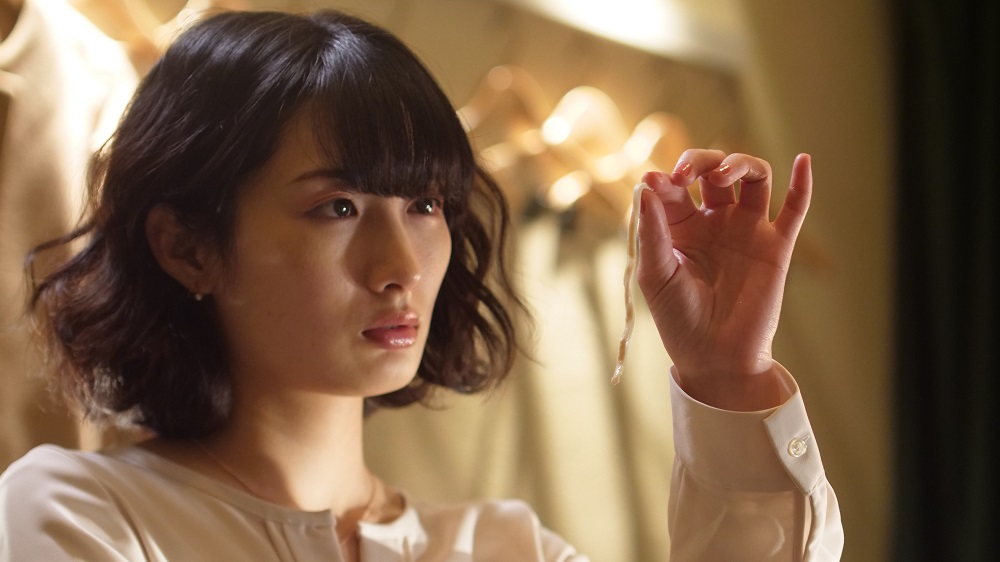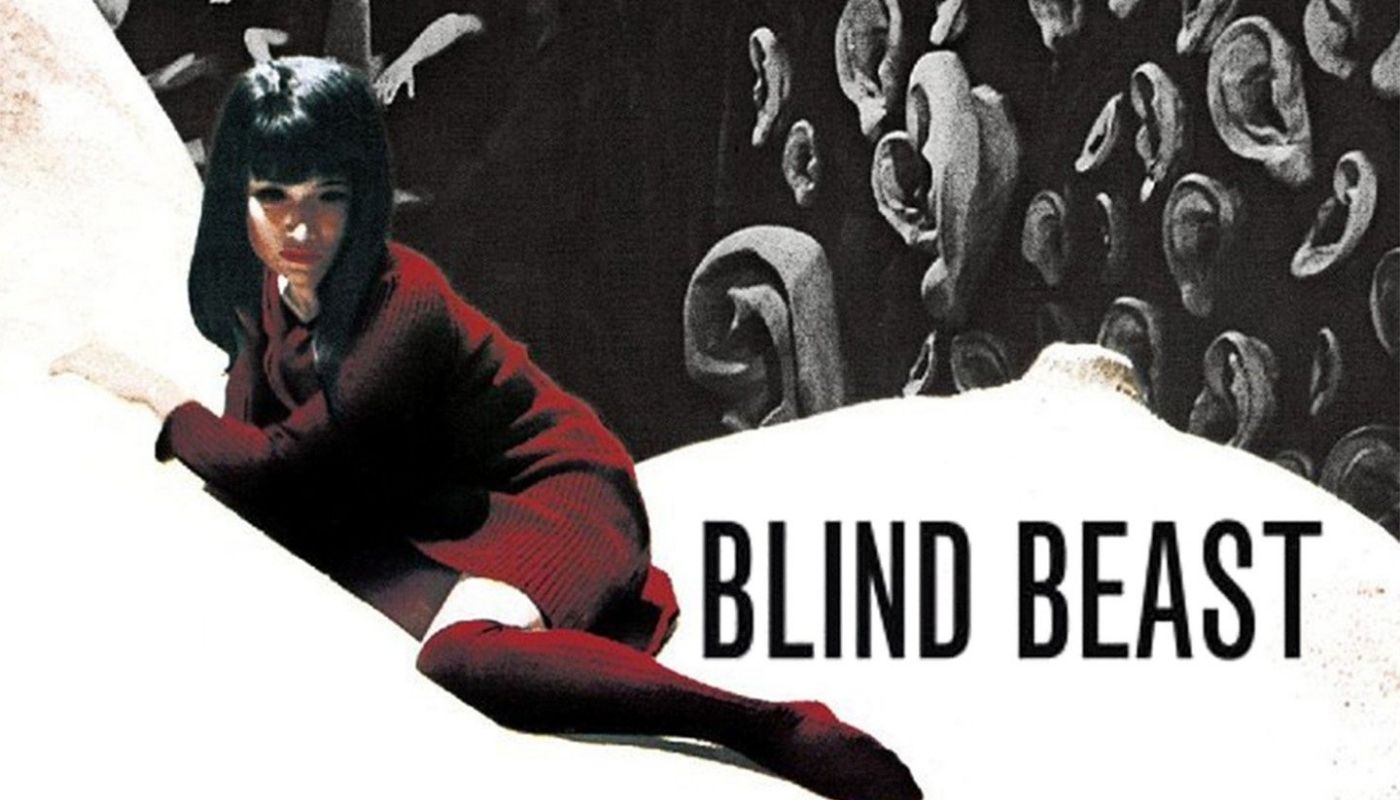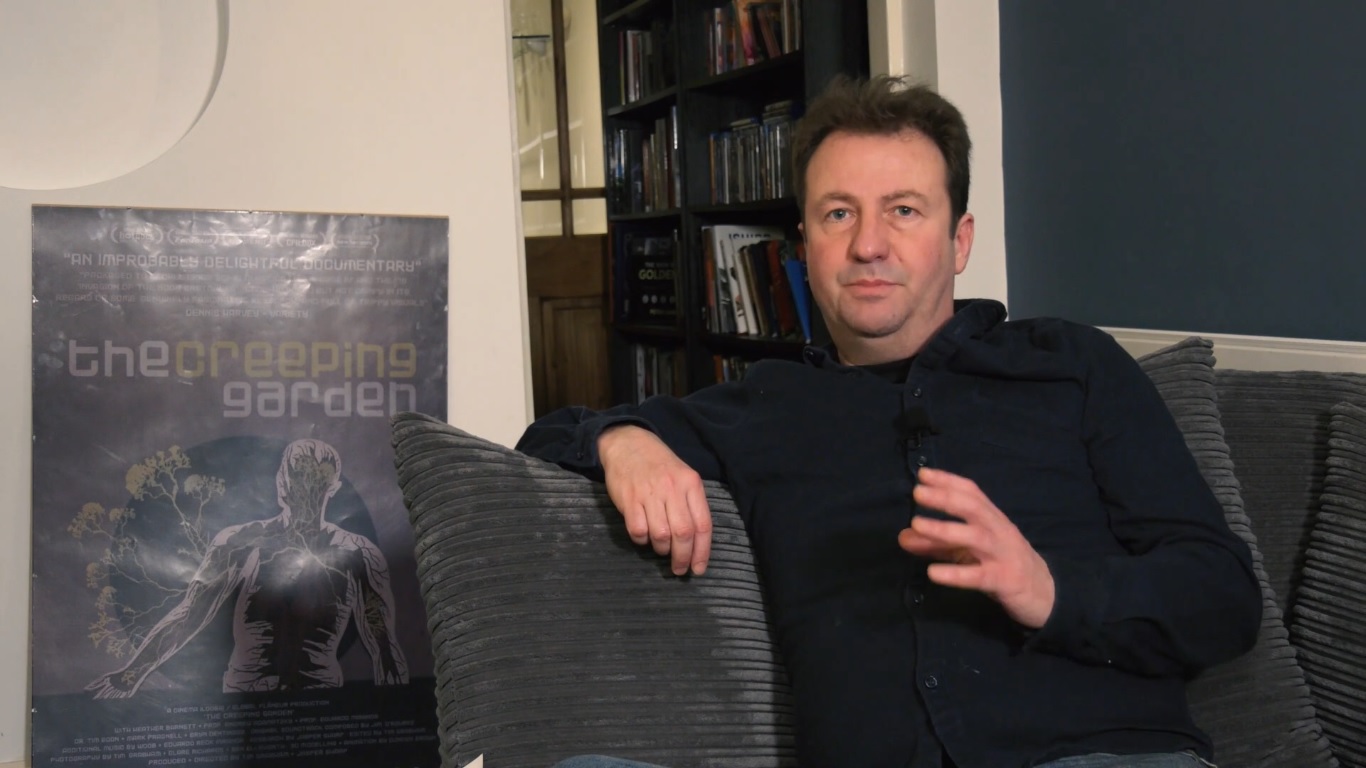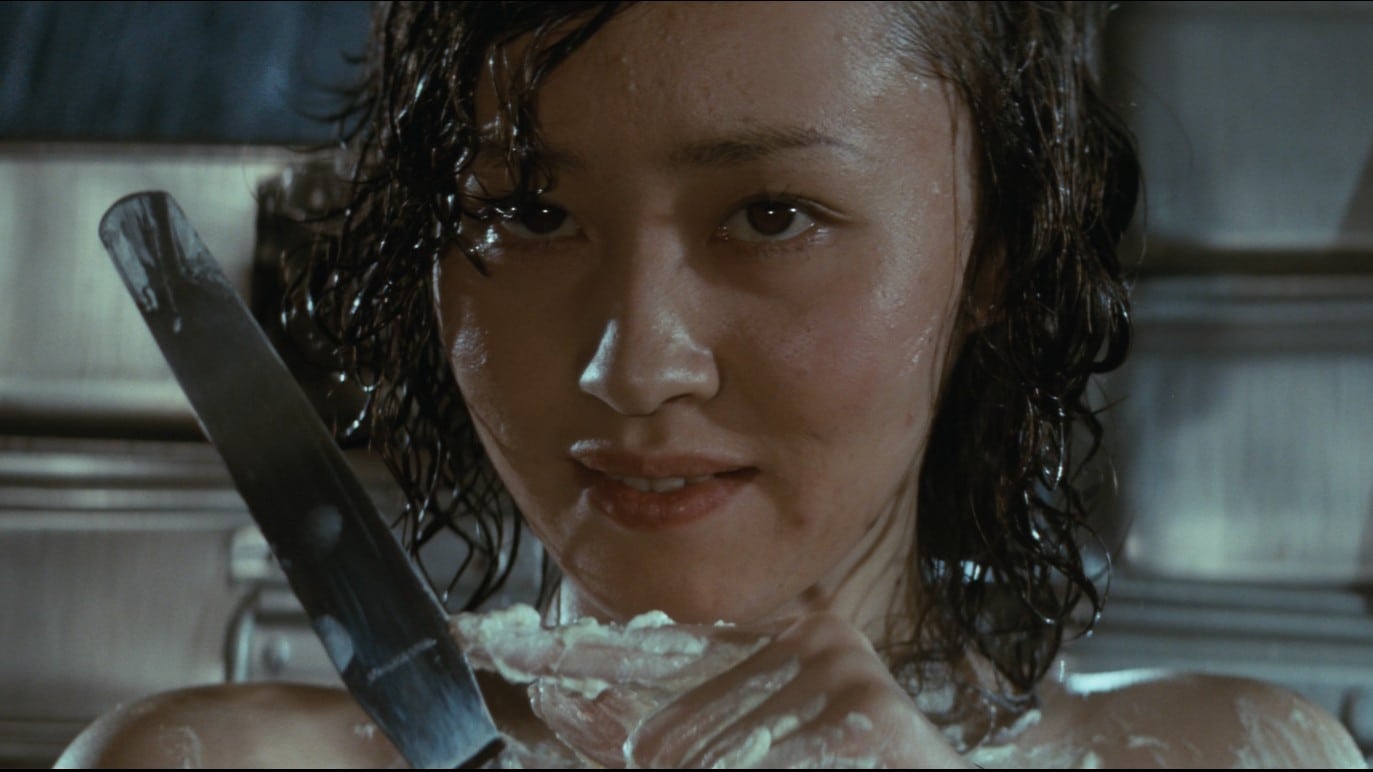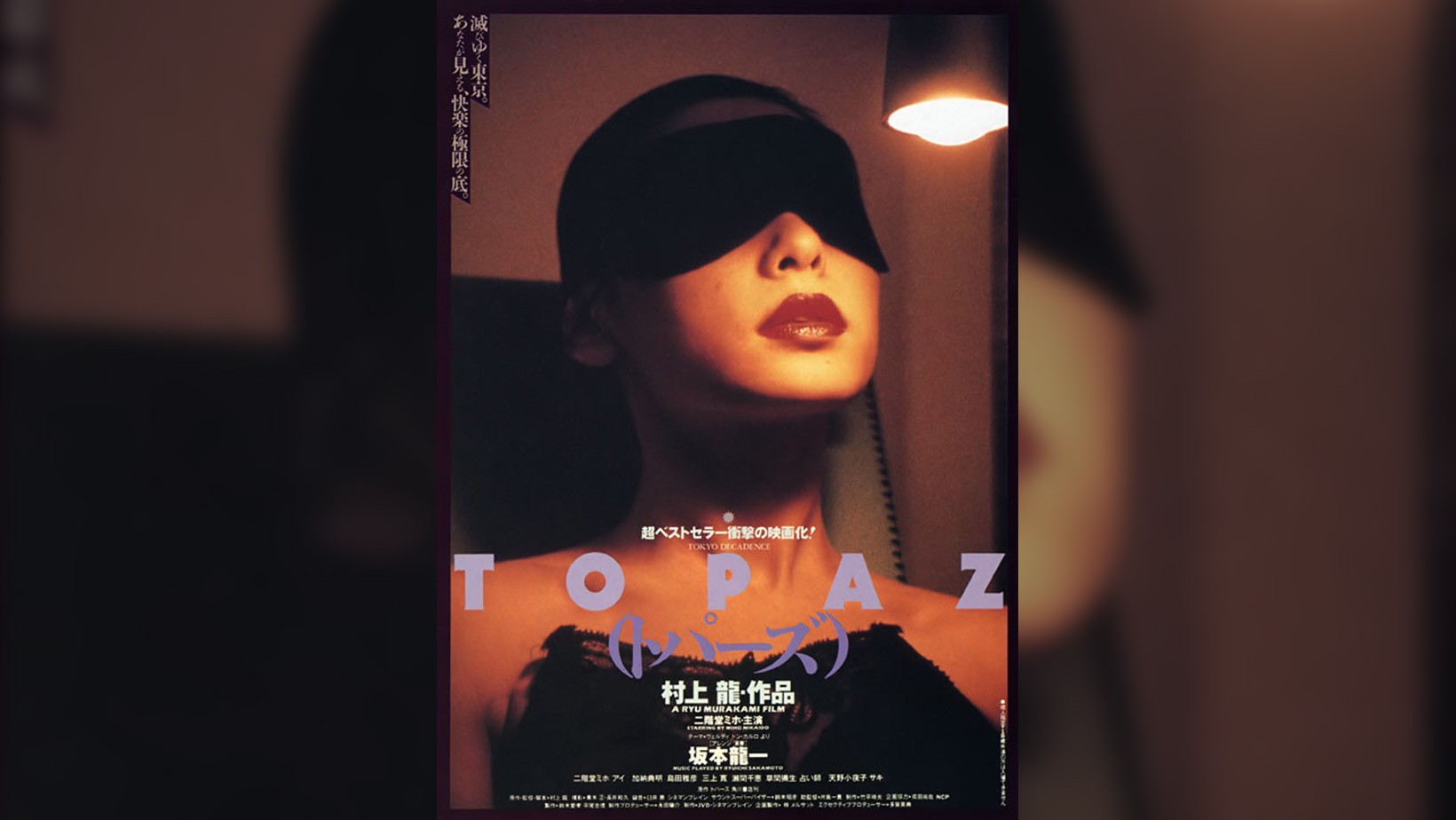
Tokyo Decadence, also known as Topaz or Dreams of Topaz, is a 1992 S&M pinku drama, written and directed by Ryû Murakami. Although seen as a cult classic in Japan, the film has been banned in several countries such as Australia and South Korea due to its intensely graphic nature. Regardless, it did manage to


